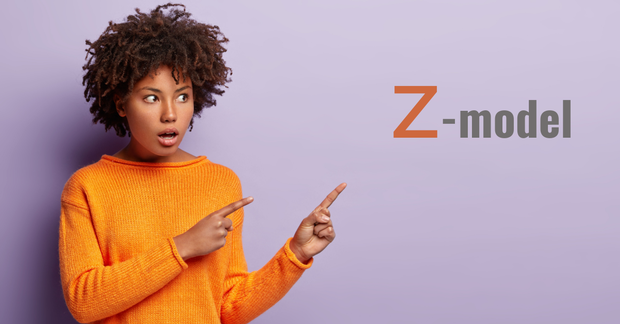Problem-Solving Model Using Personality Type (Part 2: The Z-Model Ideal vs Actual)
Using all the mental processes (Sensing, Intuition, Thinking, and Feeling) can lead to clearer perceptions, sounder judgments, and more effective problem-solving. In this second article of the Problem-Solving two-part series, Dr. Yvonne Nelson-Reid explains Gordon Lawrence’s Z-Model for problem-solving using MBTI® personality type, and each personality type's bias is considered.



_thumb.png)














